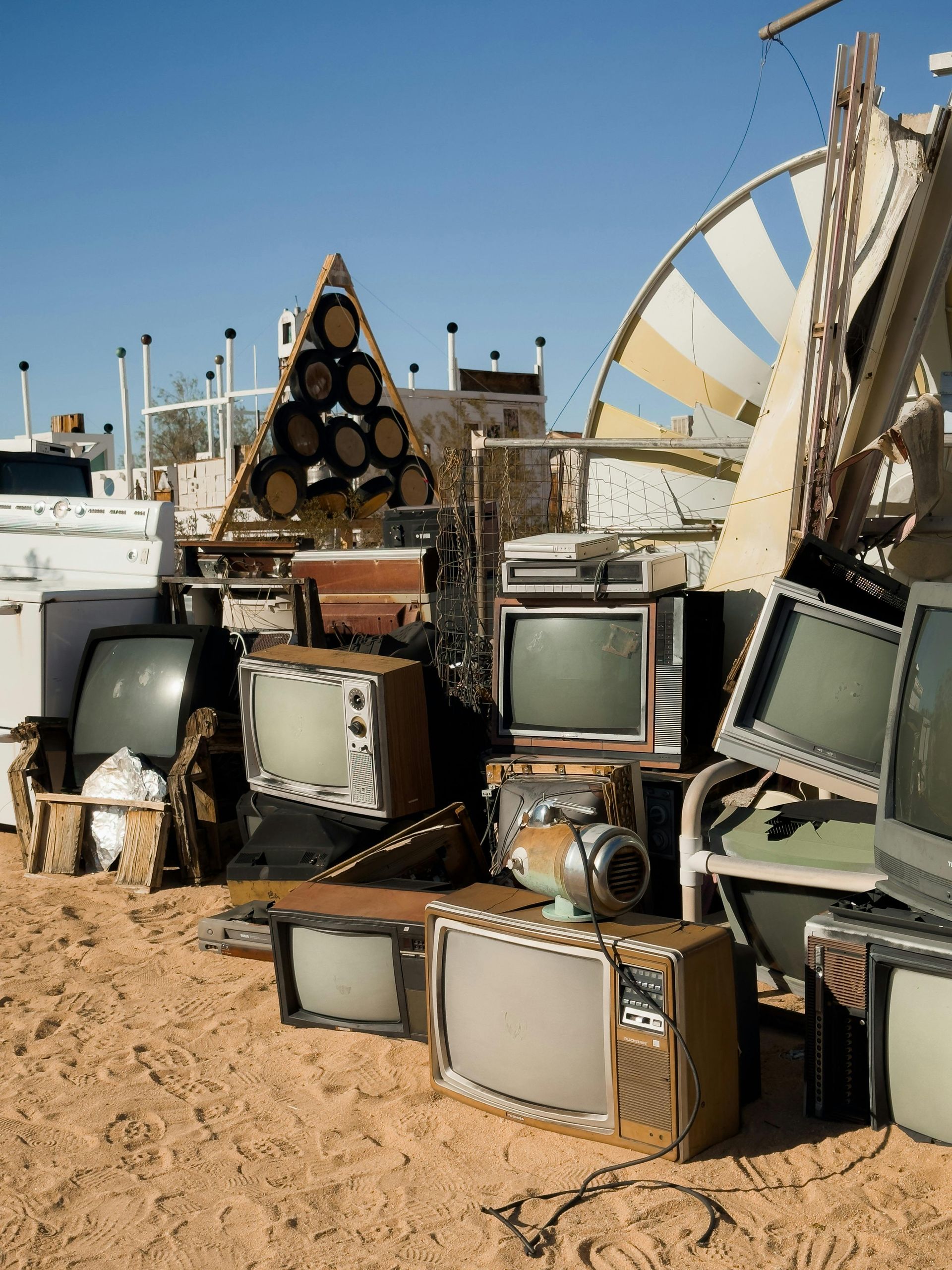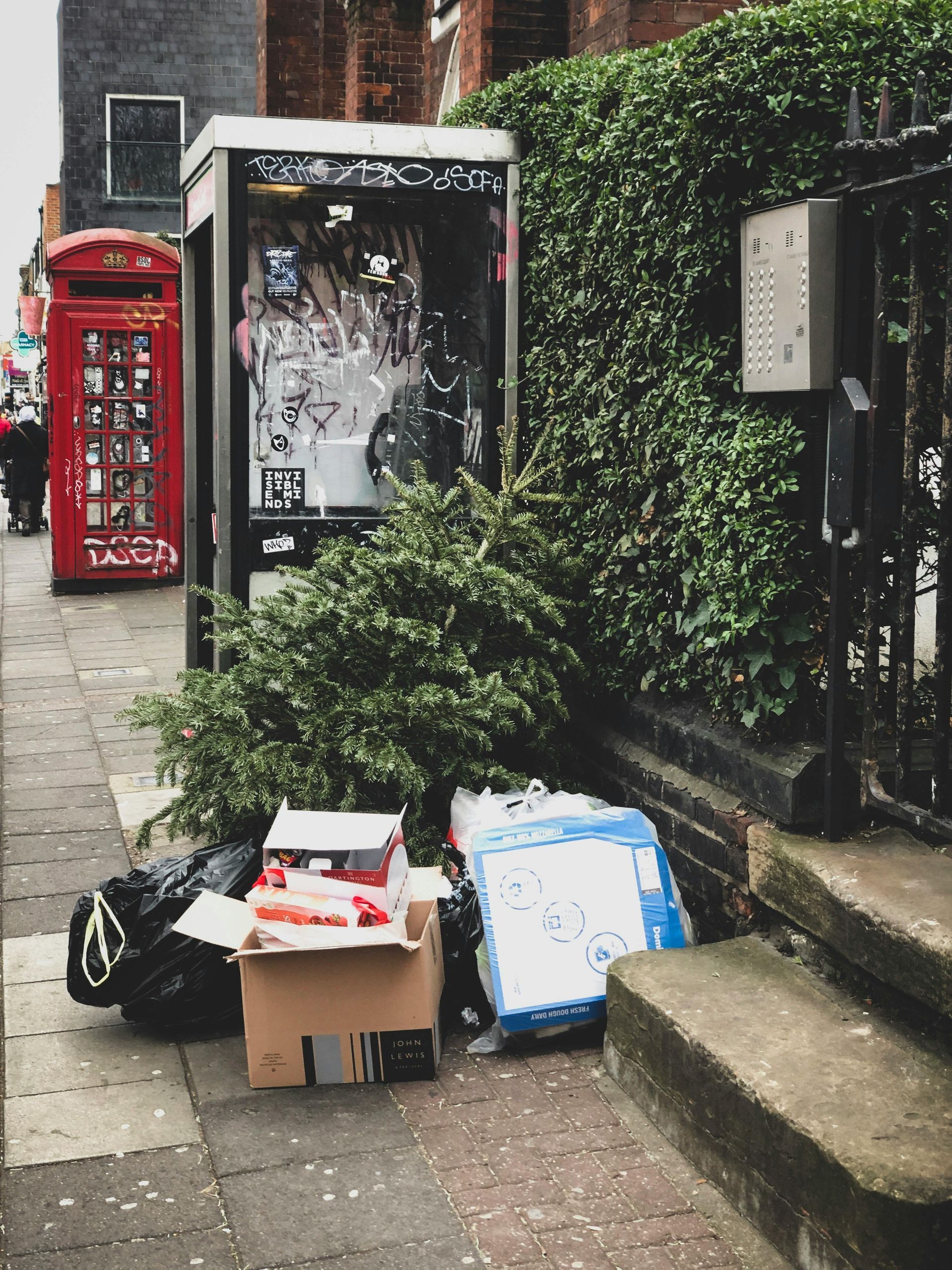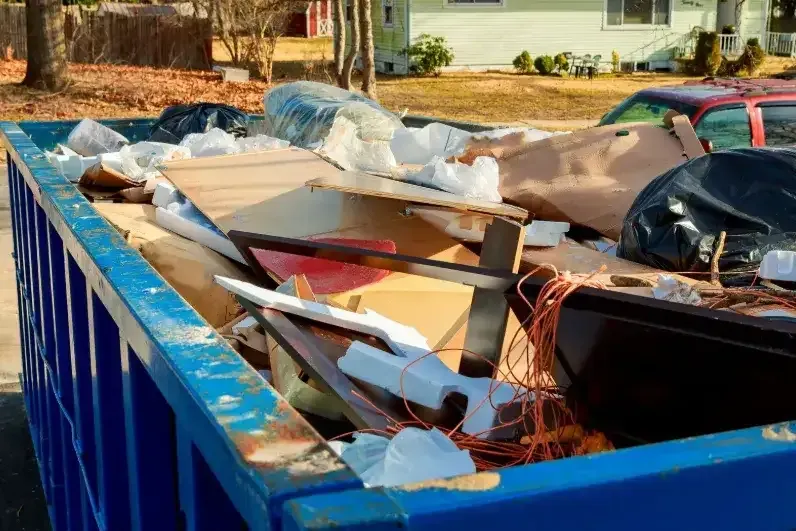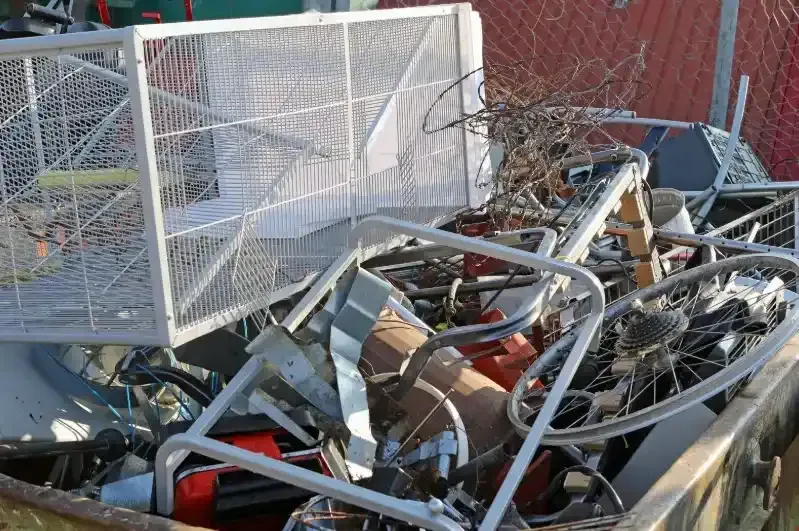How to Handle Electronics Disposal Responsibly
In today’s fast-paced, technology-driven world, electronics are an essential part of our daily lives. From smartphones and laptops to televisions and washing machines, it’s hard to imagine a moment without these devices. However, as technology advances, older electronics quickly become outdated, broken, or unwanted, creating an environmental challenge. Improper disposal of electronics—commonly referred to as e-waste—can lead to harmful effects on the environment and human health. Thus, it’s essential to dispose of electronics responsibly, ensuring that harmful substances do not contaminate the earth and that valuable materials are recycled properly. In this guide, we’ll explore the key considerations and steps involved in responsible electronics disposal, aiming to make the process as easy and efficient as possible.
Understanding the Importance of Responsible Electronics Disposal
Electronics are made from a variety of materials, many of which can be harmful if not disposed of properly. For example, heavy metals like lead, mercury, and cadmium can leach into the environment if e-waste is thrown into landfills. Over time, these hazardous substances can contaminate soil and groundwater, leading to environmental degradation and health risks.
E-waste is a growing problem worldwide. According to the United Nations, the world generates over 50 million metric tons of e-waste annually, and that number is only expected to increase. This surge in electronic consumption makes responsible disposal more urgent than ever. However, the process can seem daunting to many people who are unsure of how to handle their old devices. Fortunately, there are several straightforward steps you can take to ensure your electronics are disposed of in an environmentally friendly and legally compliant manner.

Don’t Just Throw Your Electronics in the Trash
The first and most crucial step in responsible electronics disposal is simply avoiding tossing your old devices in the trash. E-waste in landfills is not only harmful to the environment, but it is also illegal in many areas. Many electronic devices contain toxic chemicals that can leak into the ground and cause irreparable damage. Furthermore, tossing electronics into the trash results in the permanent loss of valuable materials that could otherwise be reused.
Instead, you should always look for local e-waste recycling programs or drop-off locations. These programs ensure that your devices are processed in a manner that minimizes environmental harm and maximizes the recovery of valuable materials. In some cases, electronics recycling programs may even offer incentives, such as discounts or rewards, for recycling your old devices.
Erase Personal Data Before Disposal
Before you part with any electronic device, it is essential to ensure that all personal data is completely erased. Electronic devices such as smartphones, laptops, and tablets store a vast amount of personal information, including passwords, financial data, and private communications. Failing to erase this data can leave you vulnerable to identity theft or unauthorized access to your accounts.
To safely erase data, start by performing a factory reset on your device. For smartphones and tablets, you can usually find this option in the settings menu. For computers, ensure that all files are permanently deleted and consider using a secure erase tool that overwrites the data multiple times to ensure it is unrecoverable. If you are uncertain about how to wipe your device clean, many professional e-waste disposal services offer data destruction as part of their service.
Find a Certified E-Waste Recycling Center
Finding a certified electronics recycling center is a critical part of responsible e-waste disposal. Not all recycling centers are created equal, and some may not follow environmentally friendly practices. Certified e-waste recyclers adhere to stringent regulations and standards set by organizations like the Responsible Recycling (R2) certification or e-Stewards certification. These certifications ensure that the recycling process is handled responsibly, with a focus on reducing pollution, protecting human health, and preserving natural resources.
You can find certified recycling centers by doing a quick search online or by contacting local waste management services. Many municipalities also host free e-waste collection events, making it easier for residents to dispose of electronics safely.
Donate or Sell Working Electronics
If your electronics are still in working condition, consider donating or selling them instead of recycling them immediately. Many individuals, charities, and organizations would greatly benefit from your old devices, especially if they still function well but no longer serve your personal needs. Donating working electronics is a fantastic way to extend their lifespan, offering support to communities in need while reducing the overall amount of e-waste. Charitable organizations often accept donations of laptops, smartphones, and computers to provide access to technology for students, low-income families, or individuals in need of resources for job opportunities. By donating, you're not only helping others but also making an environmentally conscious decision.
If you'd prefer to make a little extra cash, selling your old electronics can be a practical option. There are numerous online platforms, such as eBay, Craigslist, and Facebook Marketplace, where you can easily sell devices that are still in good condition. Before handing over your device, remember to erase all personal data to ensure your privacy and security. Whether donating or selling, you’re playing an active role in reducing e-waste and giving your devices a second life.
Consider Repairing Instead of Disposing
Before you dispose of your malfunctioning electronics, it's worth considering whether a simple repair could bring the device back to life. Many times, an electronic item that seems broken may only require minor fixes, such as replacing a battery, upgrading software, or fixing a loose connection. Rather than throwing the device away, a small repair could extend its usability, preventing it from contributing to the growing e-waste problem. Repairing your electronics not only saves you money but also promotes sustainability by reducing the need to manufacture new products.
If you're unsure how to repair your device or don’t feel comfortable doing so, there are numerous professional repair services available to help. These services specialize in bringing electronics back to working condition, ensuring that they have a longer lifespan before they need to be replaced. Opting to repair instead of dispose of your electronics helps keep them out of landfills and reduces the environmental impact associated with producing new devices. By taking the time to evaluate whether repair is an option, you’re making a more sustainable choice and helping to reduce e-waste in your community.
Use Manufacturer Take-Back Programs
Many electronics manufacturers offer take-back programs designed to reduce the environmental impact of e-waste. These programs allow consumers to return their old, unused electronics to the manufacturer for proper recycling, refurbishment, or reuse. This ensures that your devices are disposed of in an eco-friendly manner while also preventing valuable materials from ending up in landfills. Some manufacturers even offer incentives, such as discounts, gift cards, or rebates, to encourage participation in their take-back initiatives. By returning your old electronics to the manufacturer, you help promote responsible recycling practices and contribute to a circular economy.
Major retailers and technology companies, such as Best Buy and Apple, have well-established take-back programs where customers can drop off their old electronics for recycling. Before you dispose of any device, check with the manufacturer to see if they offer a similar program. Taking advantage of these programs not only helps the environment but may also save you money on future purchases. By returning your old electronics, you're ensuring that they are recycled properly or repurposed, reducing the need for new products and the overall environmental footprint of electronic manufacturing.
Educate Yourself and Others on E-Waste Disposal
One of the most powerful tools in ensuring responsible electronics disposal is education. Many people remain unaware of the environmental consequences of improper e-waste disposal or are simply unsure of the best places to take their old devices. This lack of awareness often results in electronics being discarded in landfills, where they can cause long-term harm to the environment. By taking the time to educate yourself on the issue and understanding the negative impact of improper disposal, you become better equipped to make informed decisions about how to handle your own electronic waste. Sharing this knowledge with family, friends, and colleagues can inspire others to act more responsibly and contribute to a collective effort to reduce e-waste.
If you own a business, consider integrating e-waste education into your corporate practices. You can provide resources or guidance to employees and customers, helping them understand the importance of proper electronics recycling. Hosting an e-waste collection event or partnering with local organizations to promote responsible disposal is another excellent way to raise awareness and make a tangible impact in your community. By educating others, you can amplify the message of sustainable electronics disposal and create a broader, lasting change.
Conclusion
Responsible electronics disposal is not just about getting rid of old devices—it’s about making a positive impact on the environment and conserving precious resources. Every year, millions of tons of e-waste end up in landfills, harming ecosystems and wasting valuable materials. By taking simple yet effective steps such as erasing personal data, finding certified recycling centers, donating or selling working devices, and utilizing manufacturer take-back programs, you can contribute to a cleaner, greener planet. Each small action, like ensuring proper disposal or extending the life of an electronic item through repair, helps reduce the volume of e-waste and minimizes the environmental impact.
If you’re uncertain about where or how to dispose of your electronics responsibly, don’t hesitate to reach out for professional help. Lasso & Load Junk Removal, based in Gwinnett Co, specializes in responsible e-waste removal and ensures that your old electronics are handled in the safest and most eco-friendly way possible. For assistance with your e-waste disposal needs, contact Lasso & Load Junk Removal at 404-227-2017 or email Lauren.renwickk@gmail.com for more information.









